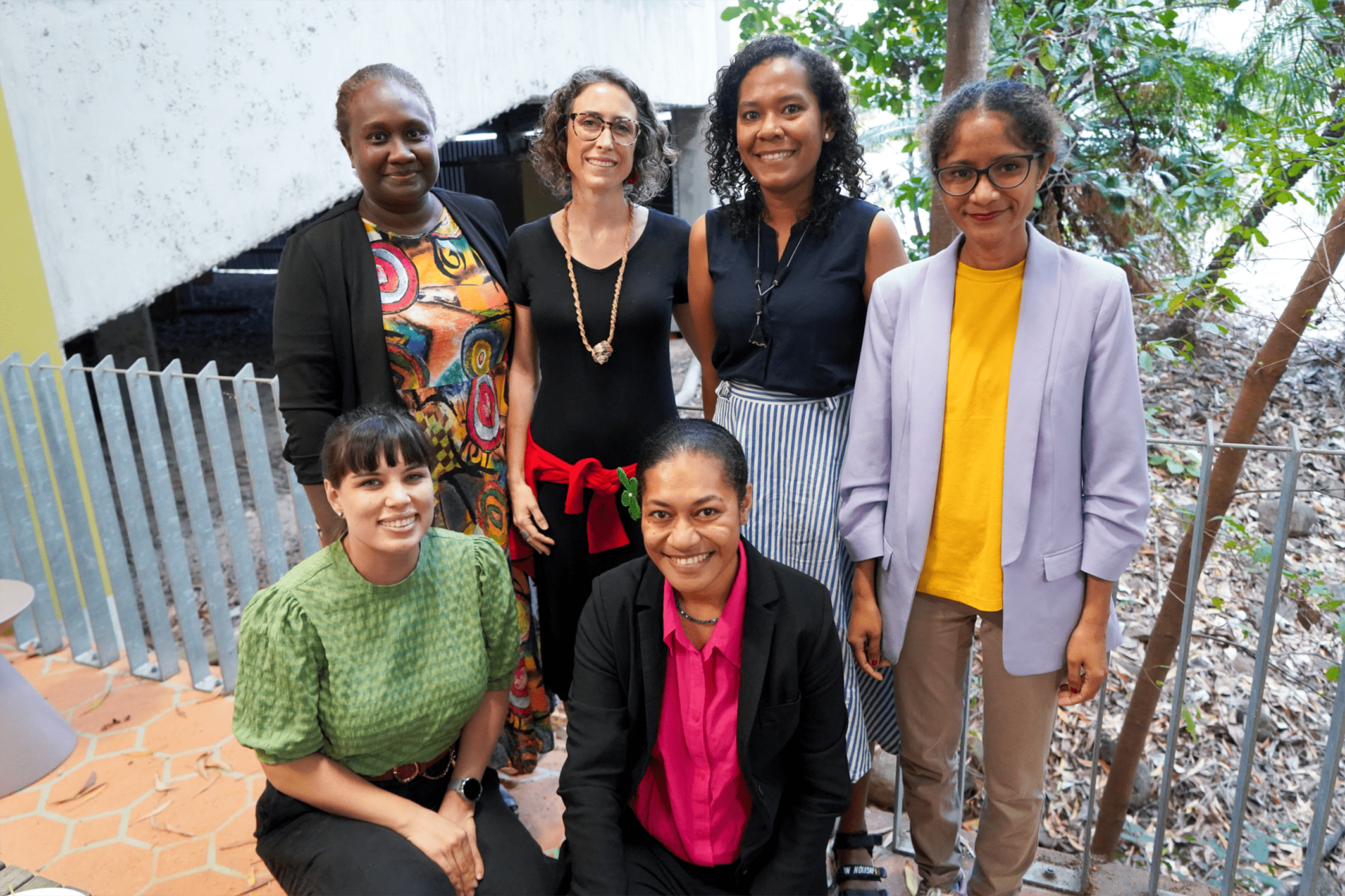

Uncovering the hidden value of gleaning in the Asia-Pacific
January 11, 2024

The Crawford Fund QLD Committee supports targeted training and mentoring of overseas scientists and extension officers by experienced Queensland counterparts working on similar agricultural research challenges. In 2020, we announced that four projects would be supported, however significant delays occurred because of COVID-19.
Support for one of those projects was awarded to two trainers who were previously recipients of our student awards – Ruby Grantham and Jacqueline Lau from James Cook University. The time elapsed meant several changes to the original project were made as during this time Ruby moved back to the UK and was unavailable to attend or assist with the workshop and WorldFish Solomon Islands was no longer able to participate.
In early June, James Cook University research fellow, Jacqueline Lau, hosted early career researchers at a professional development workshop on gleaning fisheries in the Asia-Pacific. Participants from Timor Leste, the Solomon Islands, Fiji and beyond, shared insights about gleaning, including case studies, methods for studying gleaning, how invertebrates contribute to food security, traditional ecological knowledge, ethnoecology, and gender-inclusive management.
The key aims of the four-day workshop included:
- Identifying current challenges and opportunities for inclusive and policy-relevant research on gleaning in the Asia-Pacific.
- Gaining an understanding of tools for research methods to illuminate hidden voices in gleaning.
- Increasing the visibility of gleaning in research and improve recognition of its role in food security, livelihoods and wellbeing of coastal communities.
- Strengthening the research and implementation capacities of early career researchers.
- Building collaborations and partnerships between researchers in Australia and the Pacific
According to Jacqui, gleaning, the activity of collecting of marine organisms from inter-tidal habitats, is a common fishing strategy and provider of food and income. Yet, it remains poorly understood, and is persistently underrepresented in statistics and narratives about small-scale fisheries. Despite some emerging research on the importance of gleaning for household food security in vulnerable coastal areas in developing countries, the voices and values of gleaners often remain unheard in coastal management and development decision-making.
“To address this, we held a training and skills sharing project to investigate and begin to address the invisibility of gleaning in the Asia-Pacific. The workshop held at James Cook University focused on research excellence, and knowledge and skill-sharing between experts in gleaning fisheries from The Solomon Islands, Fiji, Timor-Leste, and social scientists from Townsville. It was attended by eight early career practitioners and academics.”
Training and skills sharing included: presentations and discussions about ethno-ecology, food and nutrition security, gender equality, local indigenous knowledge, participatory research methods, different disciplinary approaches to understanding gleaning fisheries, climate change threats to gleaning fisheries, and specific examples of gleaning fisheries in different contexts.
“In addition, Prof. Joshua Cinner led a specific professional development day on ‘Getting Published’. Together, workshop participants discussed and identified key challenges for research on gleaning and began developing a research agenda, which will form the basis for a co-authored peer-reviewed perspective piece,” she said.
Information from the workshop will be disseminated in the SPC Women in Fisheries Bulletin and submitted for publication in peer-reviewed journal, specifically identifying the challenges and opportunities for gleaning fisheries research and enhancing visibility of gleaning and potential research methods.
“The training strengthened partnerships between JCU, WorldFish and the University of the South Pacific; and built the capacity of in-country scientists to support ongoing research collaboration with QLD researchers and encouraged early-career scientists to engage with gleaning fisheries from a range of perspectives beneficial to the region broadly,” concluded Jacqui.
The workshop was supported by a QLD Crawford International Engagement Award and WorldFish.




 0
0